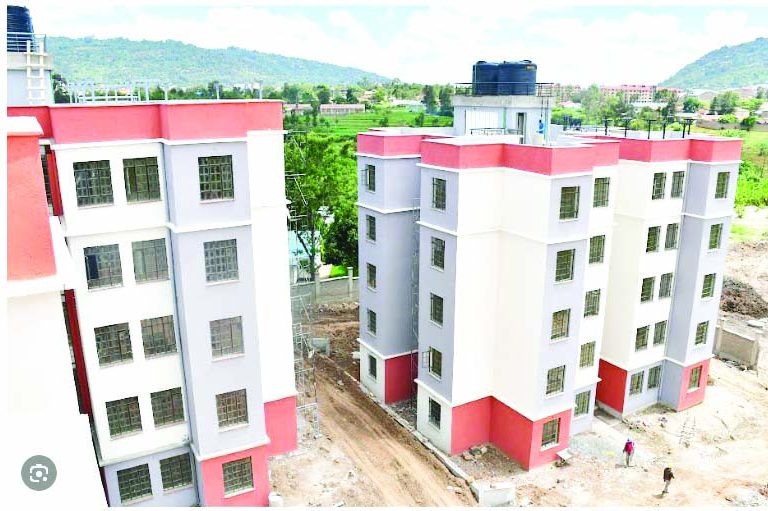Developers caution against scrapping of tax incentives

The government’s ambitious move to put up affordable houses will be hit hard if a proposed scrapping of tax incentives to developers and construction inputs in the current Finance Bill gets passed.
A proposal in the Finance Bill 2025/26 seeks to remove the 15 per cent tax refund available to a company that has constructed at least one hundred residential units annually, subject to approval by the Cabinet Secretary responsible for housing.
Initially, the incentive as first introduced in the Finance Act, 2016, was specifically targeted at companies constructing at least 400 residential units annually which was later amended to 100 residential units annually in the Finance Act, 2023.
This was aimed at attracting companies to invest in the process, as the government alone cannot achieve the ambition due to tight fiscal space.
Speaking during the public participation on the Finance Bill 2025/26 conducted by the National Assembly departmental Committee on Finance and National Planning at a Nairobi Hotel, Rose Kananu, General Manager of the Kenya Property Developers Association (KPDA), argued that this clause would slow the attainment of the 250,000 units annually.
“The government, through its BETA, aims to increase the supply of new housing to 250,000 units annually and raise the percentage of affordable housing from 2 per cent to 50 per cent. Repealing the tax rebate now would be premature as it is yet to materialise its purpose as a fiscal policy tax incentive,” she argued.
Kenya’s housing deficit, according to the association, stands at over two million units, with an annual shortfall of nearly 200,000 units with over 60 per cent of Nairobi residents living in informal settlements, where access to clean water, sanitation, and decent shelter is limited.
“By removing this tax incentive, the government undermines its own policy goal. Developers will have less capital to scale up housing production, while new entrants will be discouraged by reduced returns on investment. Retaining the tax rebate ensures this balance is preserved,” she argued.
According to Kananu, the incentives facilitate the Return on Investment (ROI), making it viable for private developers seeking to invest in the initiative.
She added that this encourages developers to remain in the industry and to expand into much larger projects, as the current tax regime cushions them against rising global construction costs currency fluctuation and higher expenditure within the project on infrastructure, hence benefiting the wider community.
“We are aware that only a handful of the real estate developers have received the 15 per cent Corporate Tax Rebate. Developers made investment decisions based on the existence of this tax relief; to withdraw it now injects avoidable uncertainty into an already capital-intensive sector,” Kananu said.
Additionally, they cautioned that the construction sector may be further impacted if the proposed removal of tax incentives for goods imported or purchased locally for direct and exclusive use in the construction of houses under an affordable housing scheme.















